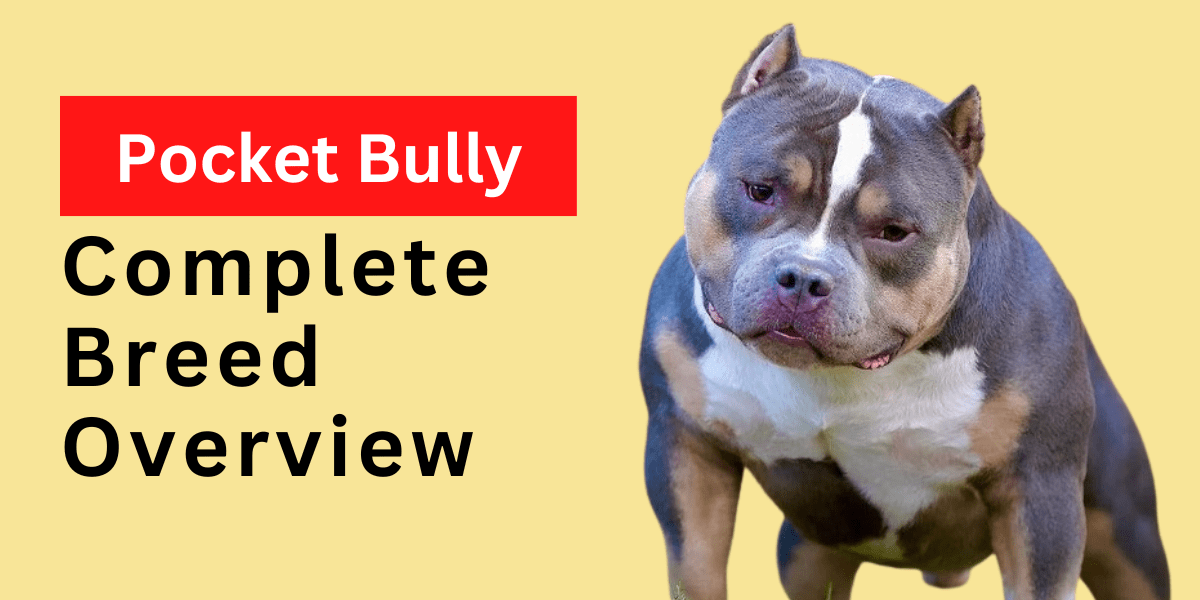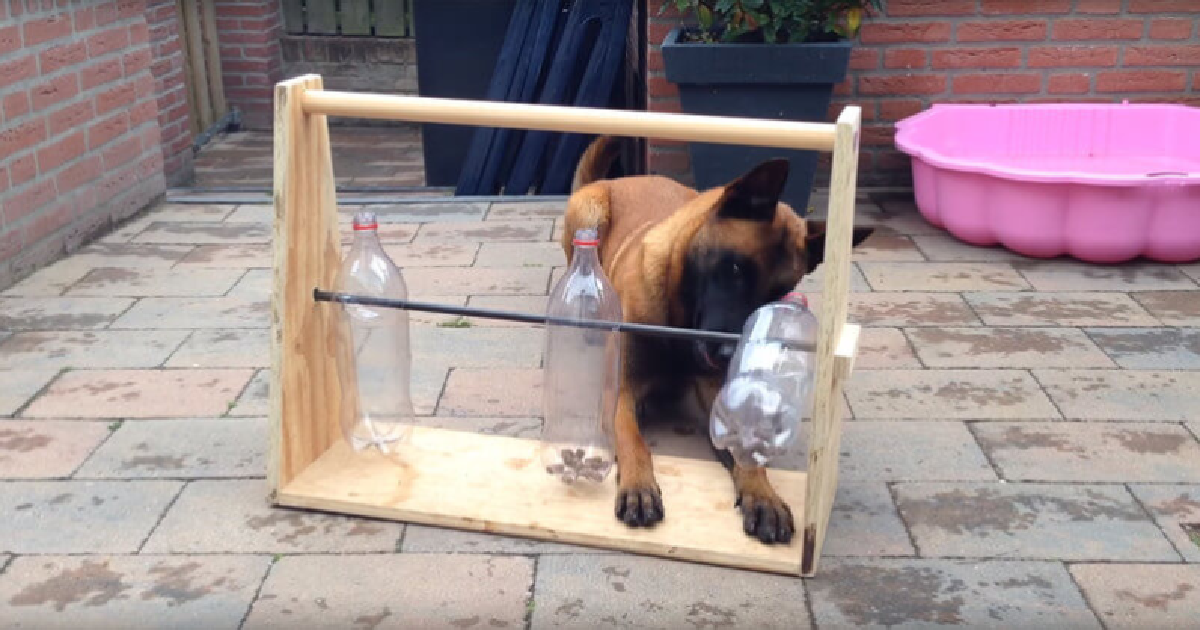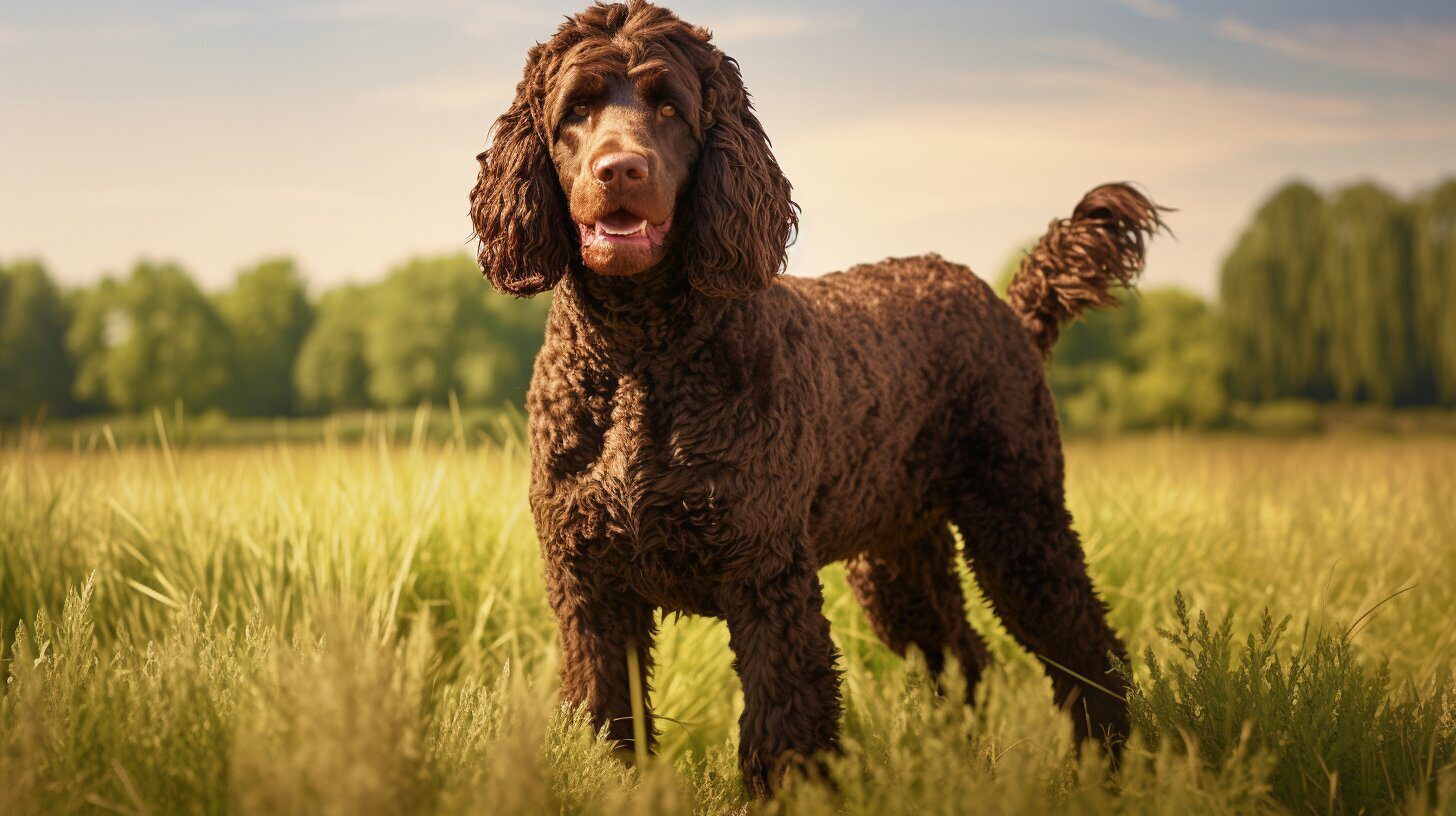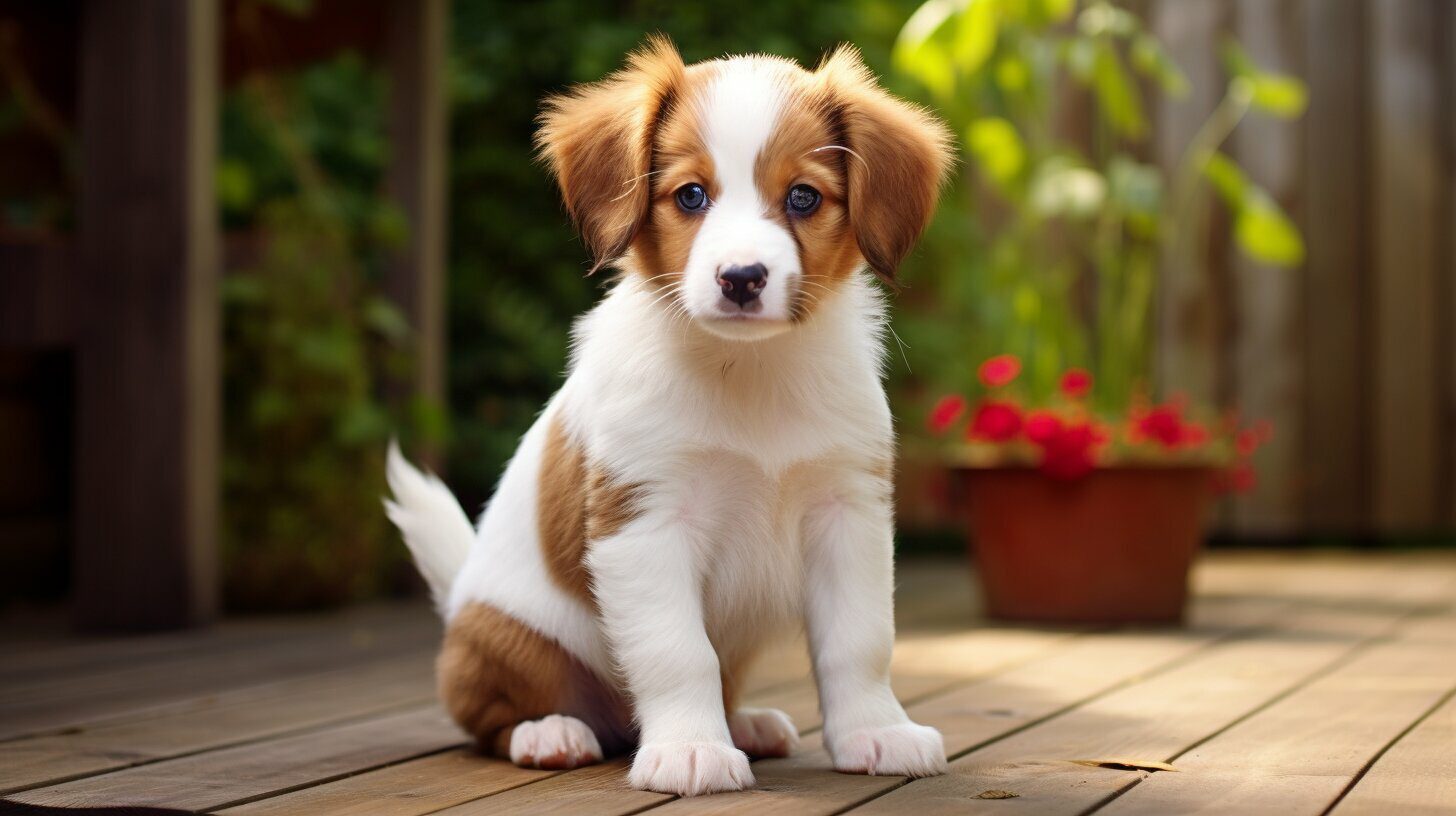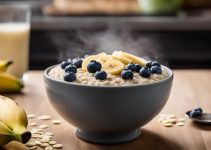As a devoted pet parent, I often find myself pondering, “Can dogs eat human food, and if so, what’s safe?” We all want to spoil our furry friends, but the truth is, not all dog-friendly human food is created equal. Sharing the right snacks with your dog can be both a bonding experience and a way to diversify their diet with some safe human food for dogs. Still, it’s paramount we do so responsibly, acknowledging what’s nutritious and what could be harmful.
It’s a common scene: while enjoying a delicious meal, those puppy eyes are irresistibly convincing. But before giving in, it’s important to consider which foods are beneficial and which we should steer clear of. Let’s delve into the topic of our canine companions and their occasional foray into the world of human cuisine – the right way.
Navigating through the do’s and don’ts can be tricky, but armed with knowledge and an eagerness to learn, we can ensure that our four-legged family members stay safe and satisfied. It’s not just about avoiding a trip to the vet—it’s about enhancing our dogs’ wellbeing with the occasional taste of our world, in the most healthful way possible.
Can Dogs Eat Human Food? Yes, they can but not all is allowed.
- Understand which human foods are safe for dogs to promote better health and prevent risks.
- Always prioritize dog-specific food but complement their diet with suitable human snacks in moderation.
- Know the difference between wholesome treats and foods that could be toxic to your dog.
- Consultation with a vet is recommended before introducing new foods to your dog’s diet.
- Sensible sharing is key—moderation ensures that treats remain beneficial, not harmful.
- By responsibly sharing safe human food, strengthen the bond between you and your furry companion.
Understanding Your Dog’s Dietary Needs
As a devoted pet parent, I’ve always been intrigued by the distinct dietary requirements of my furry friends. It’s fascinating to discover that what may be a staple in my diet could potentially be harmful to my dog. My exploration into the canine world has taught me the importance of discerning the types of human food for dogs in moderation, ensuring their utmost wellbeing.
Comparing Canine and Human Digestive Systems
The biology between human and canine digestive systems serves as a reminder of our intrinsic differences. It’s crucial to acknowledge that some foods I enjoy without a second thought may not translate well when it comes to my dog’s health. This understanding prompts me to look more closely at what human food can dogs eat without adverse effects.
The Importance of Moderation in Feeding
Moderation is key, and this rings especially true when it involves sharing my snacks with my dog. I’ve learned that even the simplest human treats can lead to health issues if not given sparingly. It’s all about the balance and ensuring that each bite is in harmony with their energy and nutritional needs.
Selecting a Balanced Dog Diet Over Human Food
At the end of the day, my priority is my dog’s health, which is why I concentrate on offering a balanced diet that’s tailormade for him. While it’s tempting to slip him extra pieces of my dinner, I understand the value of specially formulated dog foods designed to cater to all of his nutritional needs without the risk of digestive complications or dietary shortcomings.
Safe Fruits and Vegetables for Dogs
Discovering which foods are fit for sharing with my canine companion, I’ve found that not only are some fruits and vegetables permissible, but they can also offer significant health advantages. When determining what to incorporate into their diet, the key is understanding which options are among the safe human food for dogs. Embracing the concept that can dogs eat fruits and vegetables can open a delightful world of nutritional benefits that augment well-rounded canine diets.
The Benefits of Apples for Canine Health
Apples have emerged as a nutritious snack that I often give to my dog, replete with vitamins A and C. After diligently removing the seeds to prevent any toxic effects, I find that apples are a low-calorie treat that aids in digestive health and even contributes to dental hygiene by helping to clean my dog’s teeth.
Carrots: A Crunchy Dental Aid for Dogs
Similarly, carrots are a go-to crunchy treat that’s not only enjoyable for my furry friend to munch on but also serves a dual purpose. The action of chewing carrots aids in the removal of plaque, thereby supporting my dog’s dental health. Moreover, they’re loaded with essential nutrients that are integral to maintaining overall well-being.
Watermelon and Hydration – Seeds or No Seeds?
On those particularly warm days, I find watermelon to be the perfect hydrating snack for my pooch, mainly because it’s full of vitamins and mostly water, which helps keep him hydrated. Although it’s tempting to share a big juicy slice, I make sure to remove all seeds and the rind to avoid any risk of gastrointestinal blockages—a safety precaution well worth the effort for a happy, healthy dog.
High-Protein Human Foods that Dogs Can Enjoy
As a dedicated pet owner, I’m always on the lookout for healthy additions to my dog’s diet that can provide extra nutrition and enjoyment. High-protein human foods are often on my radar because the right choices can not only delight my furry friend but also offer health benefits. It’s crucial to consult with a vet and keep in mind that these foods should complement a well-balanced canine diet, not replace it. Let’s dive into some high-protein foods to see if they’re suitable for our canine buddies.
Cooked Chicken: A Vet-Approved Option for Dogs
There’s a reason why cooked chicken is a go-to for many dog owners – it’s a lean source of protein that’s typically safe for dogs to eat. I make sure to serve it plain, without any added seasoning, oils, or onions, which are harmful to dogs. It’s particularly useful during those times when my dog might be experiencing stomach troubles, as boiled chicken is gentle on the system. As much as **can dogs eat meat** questions arise, vet-approved options like cooked chicken are a resounding yes!
Feeding Fish to Dogs: Benefits and Concerns
I’ve always found that fish, including salmon and sardines, are fantastic for my dog’s coat and skin health thanks to their omega-3 fatty acids. However, I’m careful to only offer fully cooked fish to avoid any risk of parasites, which can be a concern with raw fish. Ensuring all bones are removed is also a priority to prevent choking hazards. Balancing these considerations is key when deciding **can dogs eat human food** that comes from the sea.
Peanut Butter: Dog-Friendly or Not?
My dog loves peanut butter, and it’s a convenient way to hide medication when needed. But not all peanut butter is created equal. I always check that it’s raw, unsalted, and crucially, free from xylitol – a sweetener that can be fatal to dogs. Given in moderation, peanut butter can be a hearty treat rich in protein and healthy fats. Just remember that it’s high in calories too, so it should be dispensed sparingly to prevent weight gain in your pooch.
When it comes down to it, **can dogs eat human food** safely is all about making informed choices. These high-protein foods can enhance a dog’s diet when given responsibly, ensuring our four-legged friends remain happy and healthy.
Dairy Products and Your Dog’s Lactose Tolerance
As a dedicated pet parent, I often wonder about the different types of human food I can safely share with my furry friend. One common question reverberates in conversations with fellow dog owners: can dogs eat dairy products? The answer isn’t black and white. It’s not uncommon for dogs to enjoy an occasional piece of cheese or lick of plain yogurt. However, it’s essential to understand that many dogs have a decreased ability to digest lactose because they possess lower levels of lactase, the enzyme that breaks down lactose in dairy.
Starting with small amounts of low-fat dairy can be a way to incorporate these products as special treats. Remember, though, that what could be a creamy delight for some canines might turn into a digestive nightmare for others. Overdoing it on the dairy front can lead to stomach upsets, including diarrhea and vomiting, particularly in lactose-intolerant pups.
If you decide to introduce dairy into your dog’s diet, observe their reaction closely. Each dog is unique, and while one may have no trouble digesting dairy, another could experience discomfort. Always prioritize your dog’s health by consulting with a veterinarian if you’re unsure about any dietary changes or if you notice any adverse reactions post dairy consumption. We must give our dogs the care and consideration they deserve, especially when it comes to their diet.
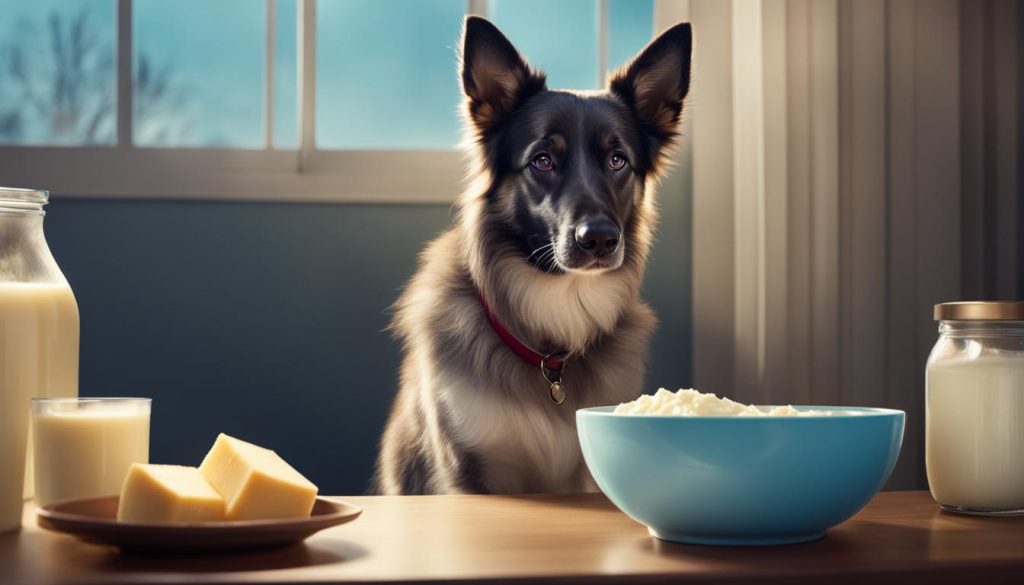
Understanding Foods That Are Toxic to Dogs
As a vigilant pet parent, I’ve taken it upon myself to learn about harmful human food for dogs, a crucial aspect of canine care. It’s important to recognize that while sharing food with our furry friends can be tempting, there are certain foods we enjoy that could be detrimental, even deadly, to dogs. Below, I’ll delve into some of the most toxic human foods that should never find their way into your dog’s diet.
The Dangers of Chocolate and Caffeine
Many of us are aware that chocolate is a no-go for dogs, but may not know exactly why. The culprit is a group of compounds called methylxanthines, found in cacao seeds, and the effects on dogs can range from vomiting and diarrhea to more severe symptoms like abnormal heart rhythm, seizures, or even death. Similarly, caffeine contains these same toxic compounds. So, keep that morning cup of coffee, no matter how adorably your dog begs, out of paw’s reach.
Grapes and Raisins: A Deadly Snack for Canines
A fruit as simple as grapes, or their dried counterparts, raisins, might seem like a healthy treat. However, they can be perilously toxic for dogs, leading to acute kidney failure. The exact substance causing this reaction isn’t fully understood, but the risk is severe enough that they should always be avoided. As for raisins, found in cookies and cakes, ensuring these sweets are kept secure is just as critical.
Why Avocado and Macadamia Nuts Are a No-No
The creamy texture of avocados might seem perfect for a dog’s palette, but they contain persin, a fungicidal toxin, which can cause vomiting and diarrhea in dogs. And surprisingly, macadamia nuts, often used in cookies and baked goods, can cause a range of symptoms from weakness and depression to hyperthermia, not to mention potential tremors and hypoxia. It’s essential to keep these foods out of reach to ensure your dog’s safety and well-being.
Can Dogs Eat Human Food: Deciphering the Do’s and Don’ts
As a devoted pet parent, I’m always cautious about what I feed my furry friend. While I know they might gaze longingly at my plate, it’s essential to differentiate between dog-friendly human food and what could be harmful. Let’s unpack the intricacies of incorporating human foods into your dog’s diet without compromising their well-being.
How to Approach Human Food as Dog Treats
Finding a balance can be challenging, yet rewarding. I often treat my dog to human foods that are safe, such as dog-friendly fruits and vegetables, or lean proteins like chicken or turkey. Yes, can dogs eat grains? They can, but simple grains like rice or quinoa are preferable, always ensuring they are prepared plain, without spices or additives.
Indicators of Problematic Foods for Dogs
I also stay vigilant for any adverse reactions, as not all safe human food for dogs will suit every individual canine. Common signs of food intolerance or allergies might include gastrointestinal upset or itchy skin. If I notice my dog seems lethargic or unwell after eating something new, it’s a clear indicator to reassess their treat options.
Immediate Steps if Your Dog Ingests Dangerous Foods
In the unfortunate event that my dog consumes something toxic, I know to act swiftly. Contacting my veterinarian immediately and accurately describing what was ingested can make all the difference in my dog’s recovery. I also keep emergency numbers handy to ensure quick action when every moment counts.
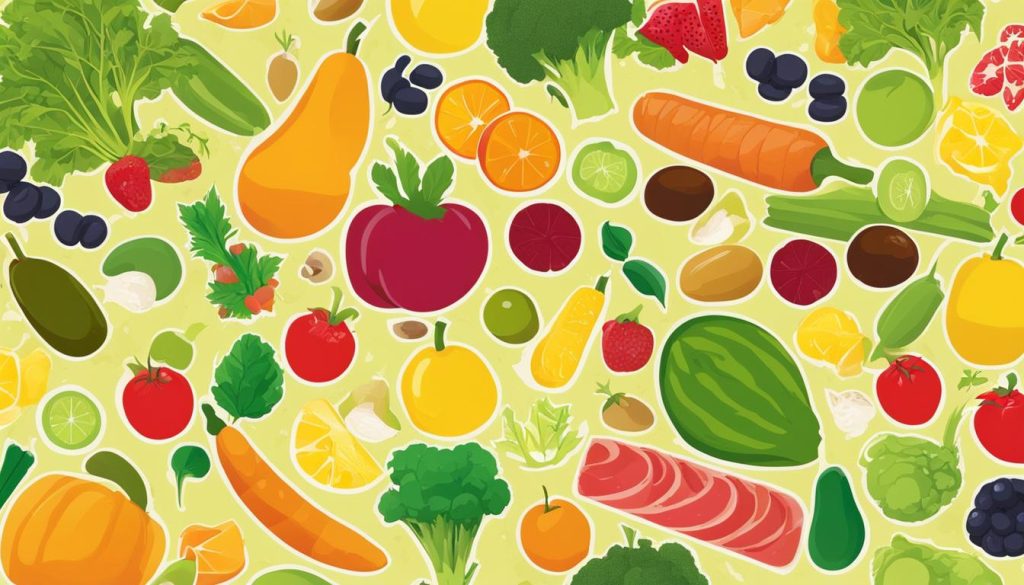
Conclusion
As a dedicated dog owner, I’ve learned that navigating the do’s and don’ts of feeding my canine friend involves more than just love and good intentions. As we’ve explored throughout this article, understanding what human food can dogs eat is vital for their health and happiness. Deciding on a safe human food for dogs demands a mindful approach and a deep appreciation for their nutritional needs, which differ significantly from ours.
Creating a Safe and Healthy Diet for Your Dog
Creating a safe and healthy diet for your beloved pet means knowing the ins and outs of canine nutrition. Incorporating safe human food for dogs into their meals can provide them with variety and additional nutrients. Yet, this should be executed with an informed strategy and never at the expense of their primary, balanced diet. Can dogs eat human food? Absolutely, but always with the acknowledgement that moderation is key to avoiding health issues.
When to Consult Your Vet About Dog Nutrition
Whenever you’re unsure about introducing a new food item into your dog’s regimen, it’s a sound practice to touch base with your vet. Professional guidance can be priceless, especially when it comes to what human food can dogs eat. Vets can provide tailored advice based on your dog’s breed, age, and health status, ensuring they receive optimal nourishment. Remember, the goal is to enhance their well-being, not complicate it.
Embracing Responsible Feeding Practices
Embracing responsible feeding practices is perhaps the most crucial aspect of canine care. By being attentive and considerate about portions and food choices, we become better guardians for our animals. As I’ve woven through the fabric of this article, the essence of responsible pet ownership lies in our ability to gauge when to share our table scraps and when to offer a healthy dog-specific alternative instead.
FAQ
Can dogs eat human food safely?
Yes, dogs can eat certain human foods safely, but it’s important to know which ones are safe and to always use them as supplements or treats to their regular dog-specific diet. Human foods must be given in moderation and without harmful ingredients.
What are the main differences between canine and human digestive systems?
Dogs process foods differently than humans, with certain foods that are safe for us being potentially toxic for them. Due to these differences, some human foods can cause digestive problems, nutritional imbalances, or even toxicity in dogs.
Why should I prioritize a balanced dog diet over human food?
A balanced dog diet is specifically formulated to meet all of a dog’s nutritional needs, while human food may not contain the proper balance of nutrients dogs require. Providing a diet intended for dogs helps to ensure they receive everything they need for good health.
Are fruits and vegetables good for dogs?
Certain fruits and vegetables, such as apples, carrots, and watermelon, can be good for dogs, providing vitamins, fiber, and hydration. However, care must be taken to remove any seeds or rinds that could be harmful, and these should be introduced slowly and in moderation.
Is cooked chicken a healthy option for my dog?
Yes, cooked chicken without any seasoning is a healthy source of protein for dogs and can be especially beneficial if they are experiencing digestive upsets. It should be bone-free to avoid choking or digestive tract blockages.
Can I feed my dog fish?
Fish, such as salmon and sardines, provide omega-3 fatty acids and are generally good for dogs, but they must be fully cooked to prevent any risk of parasites. Also, remove any bones to avoid injury.
Is peanut butter safe for dogs?
Peanut butter can be safe for dogs in moderation, as long as it’s raw, unsalted, and does not contain xylitol, which is toxic to dogs. Check the ingredients to ensure it’s dog-safe.
How do I determine if my dog is lactose intolerant?
Introduce small amounts of dairy like cheese or plain yogurt and observe your dog for any signs of digestive upset. Symptoms like diarrhea, vomiting, or discomfort may indicate lactose intolerance.
What human foods are toxic to dogs?
Chocolate, caffeine, grapes, raisins, avocados, and macadamia nuts are among the toxic human foods for dogs. These can cause severe health issues and should be strictly avoided.
How should I approach giving my dog human food as treats?
Only give safe human food as occasional treats and in small quantities. Always ensure those treats do not contain ingredients harmful to dogs and do not make up more than 10% of their daily calorie intake.
What signs should I look for in my dog to indicate they’ve eaten problematic foods?
Indicators of problematic foods include vomiting, diarrhea, excessive thirst, lethargy, and unusual behavior. It’s important to monitor your dog closely whenever introducing new foods into their diet.
What should I do if my dog ingests dangerous foods?
If you suspect your dog has ingested dangerous foods, contact your veterinarian immediately or an emergency pet clinic for professional advice and potentially urgent care.
When should I consult my vet about my dog’s nutrition and diet?
You should consult your vet before introducing significant changes to your dog’s diet, when considering human foods as treats, or if you have concerns about your dog’s nutrition, allergies, or if they have eaten something toxic.
How can I embrace responsible feeding practices for my dog?
Embrace responsible feeding practices by researching safe and healthy food options for dogs, maintaining a balanced commercial dog diet as their primary food, and providing human food only in moderation, ensuring it’s safe for canine consumption.

